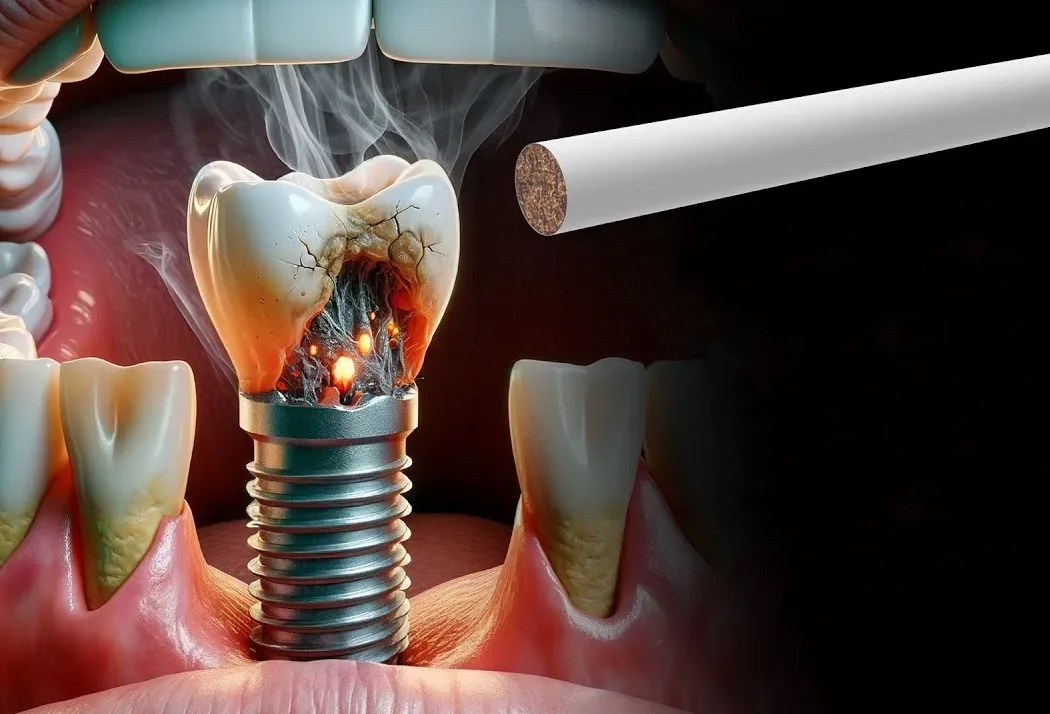What Are the Risks of Smoking After Implant?
Smoking after implant treatment poses significant risks that can compromise the success of the implant. Here are some key risks associated with smoking post-implant:
Impaired Healing
Smoking reduces blood flow and oxygen to the healing tissues, which can slow down the recovery process and impede proper healing of the implant site.
Increased Risk of Infection
Nicotine and other harmful substances in cigarettes can weaken the immune system, making it easier for infections to develop at the implant site.
Higher Failure Rate
Studies have shown that smokers have a higher failure rate of dental implants compared to non-smokers due to the factors mentioned above.
Bone Loss
Smoking can contribute to bone loss in the jaw, which is crucial for the stability of dental implants. Insufficient bone density can lead to implant failure.
Postoperative Complications
Smokers may experience more complications after surgery, including prolonged swelling, pain, and issues with the fitting of prosthetics.
Advice for Patients
Patients are generally advised to quit smoking before and after implant surgery to maximize the chances of successful healing and implant integration.
Smoking cessation programs and resources may be recommended to support patients in quitting.
 English
English
 русский
русский
 Türkçe
Türkçe


